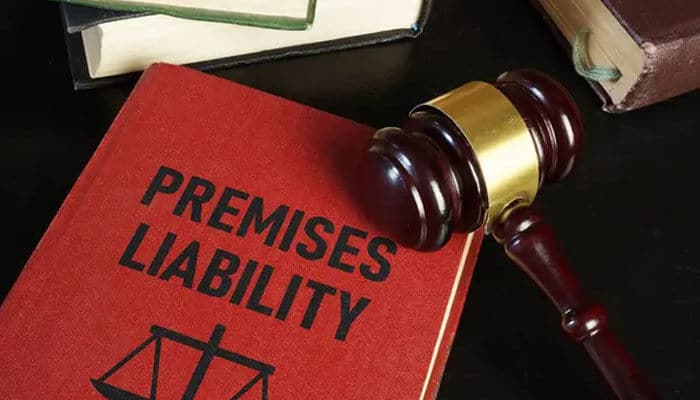Accidents can happen anywhere, on the sidewalk, at the store, or inside your apartment building. However, when someone is injured due to unsafe property conditions, it raises an important legal question: who is responsible? This is the heart of premises liability law, and for many tenants and visitors, understanding it can help determine when legal help might be necessary. If you ever find yourself facing these questions, consulting a premises liability law firm can clarify your rights and options.
What Is Premises Liability?
Premises liability is the legal principle that holds property owners and occupiers responsible for maintaining safe conditions on their property. When someone is hurt due to hazards that should have been identified and corrected, or warned against, the property owner may be held liable for the injury.
Common examples include:
• Slip and fall accidents on wet floors
• Injuries caused by broken stairs or handrails
• Accidents resulting from poor lighting in common areas
• Exposure to harmful conditions like mold, asbestos, or structural damage
These incidents are not limited to commercial spaces. Apartment buildings, rental homes, and shared facilities all fall under the scope of premises liability law.
How Premises Liability Affects Tenants
Tenants are often unsure who is legally responsible when an injury occurs in their rental unit or on the premises of the building. The answer depends on where and how the accident happened.
Landlords have a duty to provide safe and habitable housing. This includes maintaining the building structure and common areas, as well as ensuring that safety features such as lighting, locks, and railings are functional. If a tenant is injured due to a landlord’s neglect of these responsibilities, the landlord may be held liable.
For example:
• If a stairway in a shared hallway collapses due to lack of upkeep
• If poor lighting in a parking area contributes to a fall or assault
• If a broken lock allows unauthorized access that results in injury
In each case, the landlord’s failure to maintain a safe environment could be grounds for a premises liability claim.
Visitor Rights and Responsibilities
Visitors to a property, whether invited or present for business purposes, also have protections under premises liability law. Property owners owe different levels of care depending on the visitor’s status. Invitees, such as guests or customers, are entitled to the highest level of protection, while trespassers are afforded significantly less protection.
If you are visiting a friend in an apartment complex and slip on an unmarked wet floor in the hallway, you may have a valid claim. Similarly, if you are a delivery person injured by faulty steps leading to a rental unit, the property owner may be liable for the resulting damages.
Proving Fault in a Premises Liability Case
Not every accident results in liability. To succeed in a claim, you typically need to prove:
• A dangerous condition existed on the property
• The owner or occupier was aware of or should have been aware of it.
• They failed to take reasonable steps to fix or warn against it.
• You were injured as a result.
Gathering evidence is crucial. This can include photos of the hazard, maintenance records, witness statements, and medical reports. A premises liability law firm can help organize and assess this information.
What to Do After an Injury
If you are injured on someone else’s property:
• Seek medical attention immediately. Your health comes first and documentation starts here.
• Report the incident. Inform the property manager or landlord about what happened and request a written report.
• Document the scene. Take photos, note lighting conditions, and gather contact details from any witnesses.
• Keep records. Save medical bills, missed work documentation, and any communication related to the injury.
• Speak with a legal professional. Especially in cases involving severe injuries or unclear fault, legal advice can help protect your rights.
The Role of Legal Support
Navigating a premises liability claim is not always straightforward. Insurance companies may deny fault or offer settlements that do not fully compensate for all damages. A law firm experienced in these cases can evaluate your situation, estimate damages, and handle negotiations or litigation if needed.
A tenant or visitor may not be aware of their full rights without legal guidance. That is why connecting with a qualified premises liability law firm early in the process can make a significant difference.
Final Thoughts
Injuries resulting from unsafe property conditions can disrupt lives, from physical recovery to financial loss. Whether you are a tenant hurt in your building or a visitor injured on someone else’s property, understanding the basics of premises liability law helps you make informed decisions.
When in doubt, do not try to figure it out alone. Reach out for help, ask questions, and take steps to protect yourself. Legal support is not just for the courtroom. It is a tool for recovery, clarity, and fair outcomes.




